- Age-Related Macular Degeneration (AMD)
- Wet Age-Related Macular Degeneration
- Geographic Atrophy
- Appointment Prep
- View Full Guide
Home Care Tips for Wet Age-Related Macular Degeneration

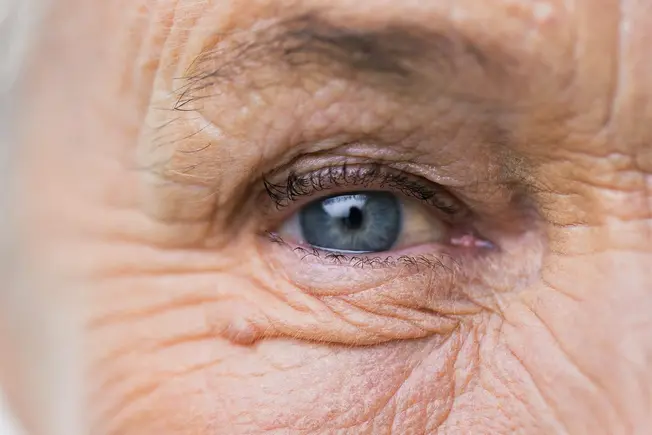
What to Expect
Age-related macular degeneration (AMD) is a leading cause of vision loss in people over 60 in the U.S.. Those with the less common “wet” form of AMD are more likely to have serious vision loss. You may notice loss of vision in the center of the eyes, distorted vision, and blind or blurry spots. And that can affect your daily life.

Prepare Your Home
While wet AMD never leads to total lights-out blindness, vision changes can happen quickly. So you’ll want to take steps to make your home safer and more comfortable if you or a loved one has wet AMD.

Remove Any Hazards
Keep living areas free of obstacles that might get in the way and cause a fall. This may include loose rugs, chairs, or small tables. If you have kids or pets at home, make sure toys and other items are kept off the floor.
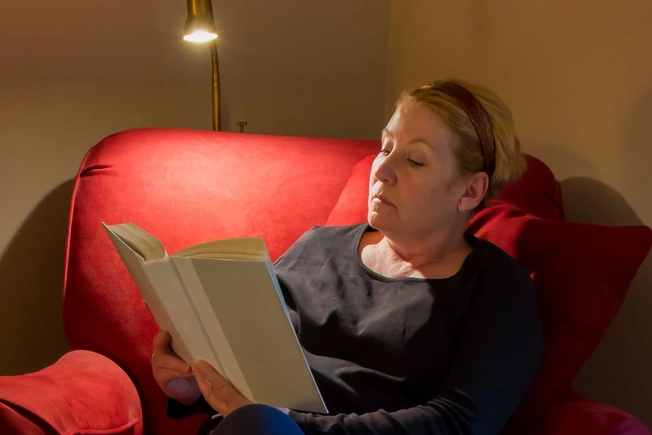
Light the Way
To help your loved one see better, keep your home well-lit. Add extra lamps in places where you or your loved one reads, writes, cooks, sews, or does other tasks. Consider lamps that are easy to move around. Try out different types of light bulbs to see which work best. Also, you may want a light with a flexible arm or a “gooseneck” lamp so you can shine the light where it’s needed.
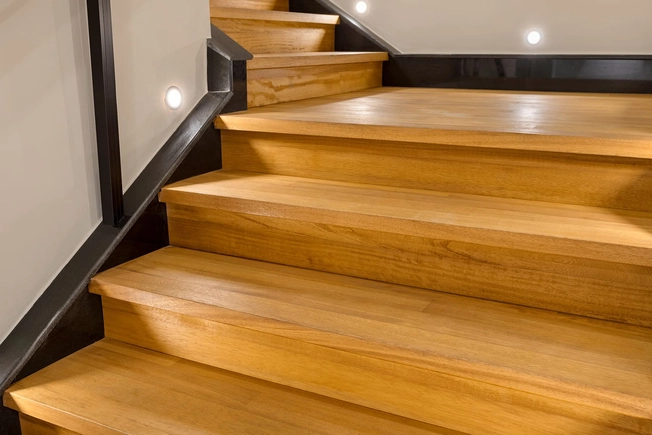
Add Light at Night
It’s especially important to keep stairs well-lit. While the whole stairwell should be well-lit, the first and last steps are key, for safety’s sake. Consider leaving a hall or bathroom light on at night or installing nightlights.
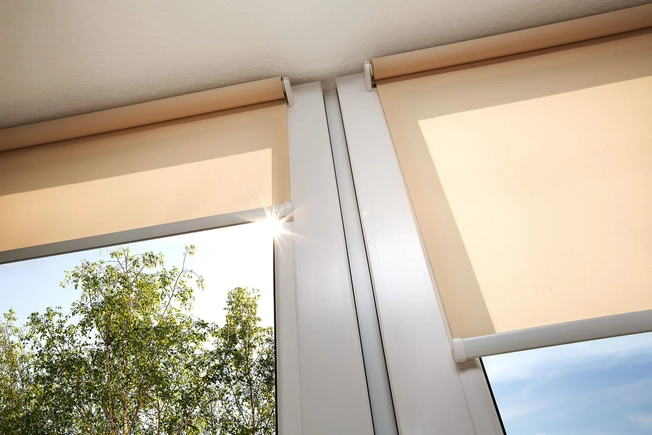
Avoid Glare
While good lighting is key, you’ll want to reduce glare. Blinds or shades on windows will help block sunlight. It may help to place your favorite chair or seat at the table away from windows.

Add Contrast
Wet AMD may make it harder to see things without contrast, such as black on black. Use paint or tape to add color to light switches, thermostats, doorknobs, and hand rails. Choose plates, cups, and utensils in colors that are easy to see against place mats, counters, or tabletops.

Keep These Tools Handy
Magnifiers come in many sizes and may help with reading or other tasks. Consider one with a light built in. You or your loved one may need different magnifying devices for different tasks. Small or pen-sized flashlights also may be useful to have around your home.
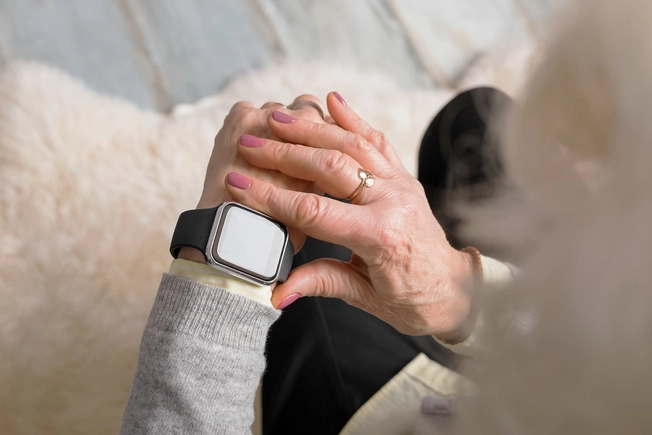
Try These Devices
Other gear that may be useful to someone with wet AMD include talking calculators, clocks, and watches. Closed-circuit television devices use a camera and screen to enlarge text or other objects.

Computer Tips
If your loved one uses a computer, e-reader, or other electronic device, enlarge the font size to make reading easier. Consider getting computer monitors, laptops, tablets, televisions, or other devices with a larger screen. Special keyboards also can help people with poor vision due to wet AMD.

Voice Recognition
Many electronic devices, including smartphones and tablets, can be controlled with your voice. If a loved one has wet AMD, show them how to use their voice to search the web, send a text message, or open an app. If you have a digital home assistant or smart speaker, someone with wet AMD may be able to use their voice alone to check the weather, turn on a light, adjust the thermostat, or lock the door.
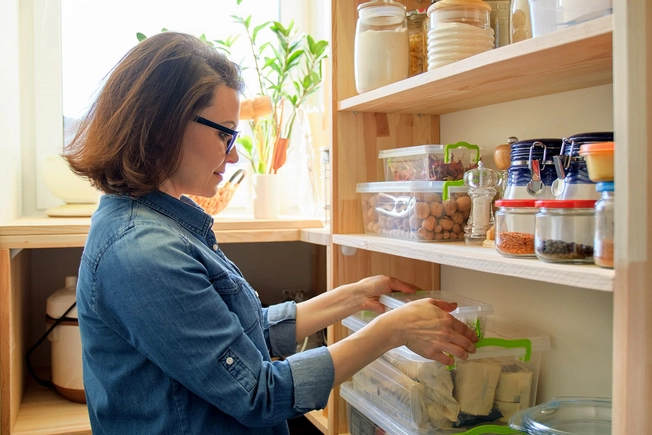
Get Organized
Keep kitchen cabinets organized with frequently used items in clear and easy-to-reach spots. Use labels with large print to mark cabinets, drawers, and supplies, including medications.

Drive Safely
Someone with wet AMD needs a safe way to get out of the home. Ask your doctor if it’s safe to drive, and take extra care about driving at night or in bad weather. Public transportation, rideshares, or shuttle services are also good options if you or your loved one shouldn’t drive.
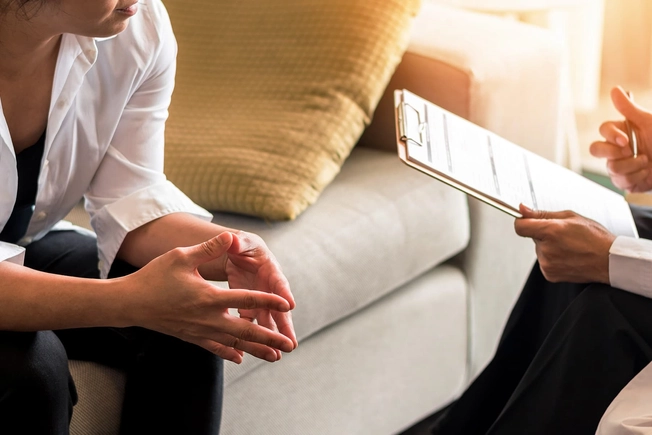
Ask an Expert
If you and your loved one have trouble finding ways to make things work well at home, consider seeing a vision rehabilitation specialist. It’s their job to help people find new ways of doing things as vision changes over time.
IMAGES PROVIDED BY:
1) Getty
2) Getty
3) Getty
4) Getty
5) Getty
6) Getty
7) Getty
8) Getty
9) Getty
10) Getty
11) Getty
12) Getty
13) Getty
14) Getty
SOURCES:
Shiley Eye Institute, University of California, San Diego: “AMD (Age-related macular degeneration).”
Mayoclinic.org: “Wet Macular Degeneration.”
Family Caregiver Alliance: “Vision Loss and Blindness.”
National Eye Institute: “Facts About Age-Related Macular Degeneration.”
Vision Aware: “What Are Low Vision Optical Devices?”
The Verge: “Google launches a voice control app to help people with limited mobility navigate their phones.”
Digital Trends: “What is Alexa, and what can Amazon’s virtual assistant do for you?”
American Academy of Ophthalmology: “Low Vision Rehabilitation Teams and Services.”